What is energy?
First attempt at a definition
Something has energy if...
- it has the potential to physically change itself or its environment,
An explosion is (a dramatic kind) of change to its environment, frequently causing damage or destruction!
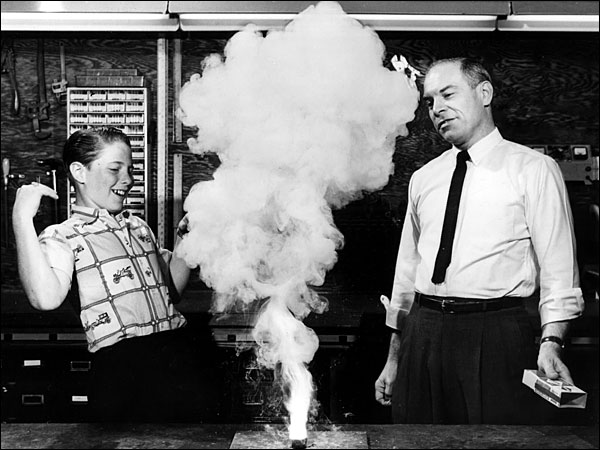
An explosion changes its environment in several different ways:
- gives off heat $\Rightarrow$ changes the temperature of its environment.
- gives off sound waves $\Rightarrow$ excites air pressure waves in its environment.
- gives off light $\Rightarrow$ lights up its environment.
- gives off 'shrapnel'--fast moving particles.
- produces smoke $\Rightarrow$ changes the chemical composition of its environment.
- anything else??
In the picture there's a matchbox. Some substance was ignited and burned rapidly. Before it was lit, that substance possessed the potential to change its environment in the form of chemical energy.
Energy is not an atom or an object. But an object can possess energy.

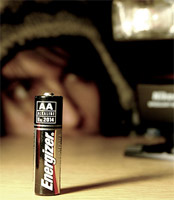
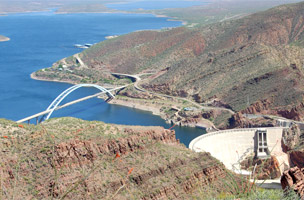

Heat is energy that can raise the temperature of matter.
A few things that are *not* energy in this physics sense...
- A cup of black coffee has only 2 Calories (kcal) (USDA). Caffeine *is* a stimulant, keeping you awake.
- Energy drinks are mostly stimulants (even larger quantities of caffeine). Any Calories that they contain comes mostly from sugar.
- Psychological effort is important to keep up friendships, relate positively with others, and get started on homework! But you can talk on the phone with friends without using many food Calories.
Energy is never lost
Energy conservation
Energy can be transformed from one form to another. But in any energy transformation the total energy before the transformation is exactly equal to the total energy after the transformation.
Transforming the chemical energy in plants into heat / light / (and a few others):
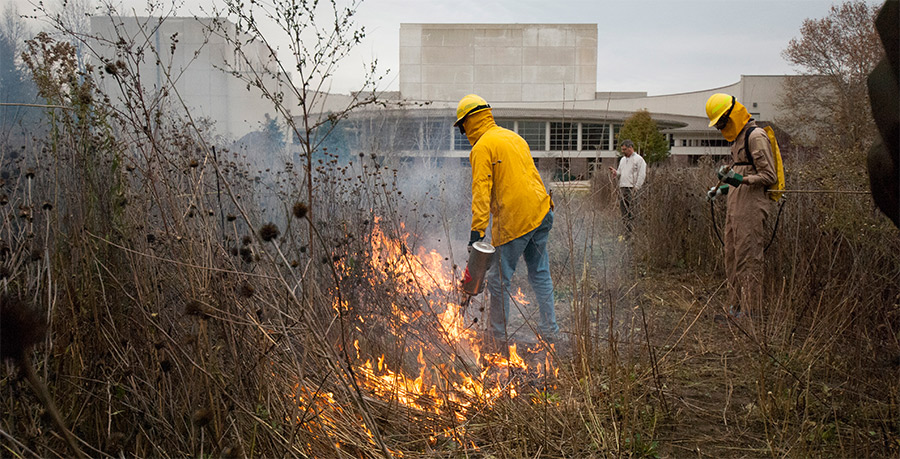
...other words for this kind of transformation are burning or combustion.
(*) No energy is ever truly lost... But practically speaking, it is very hard to capture and re-focus energy once it's in the form of heat. (The second law of thermodynamics has some very precise statements about this!) For example:
- A high mileage gasoline ICE (internal combustion engine) car manages to turn about 25% of the chemical energy of gasoline into mechanical energy (forward motion).
- Electric motors have efficiences of 70 to 96%.
Energy and global warming
We burn fossil fuels (coal, gasoline, diesel, natural gas...) to produce heat to do all kinds of wonderful things:
- move people in cars across the country:
- generate electricity
- make steel and concrete
- produce fertilizers to grow crops

One product of burning fossil fuels is carbon dioxide ($CO_2$), an invisible gas. Adding $CO_2$ to our atmosphere is like "adding a blanket" to Earth, and warms the planet.
Increased carbon dioxide is the most important (but not the only) contributor to global warming.
Do you know where your electricity comes from??
It can come from a coal-fired or nuclear plant, a solar panel, water passing through a hydro-electric dam, or many other sources.
Regional electricity generation (Center for Climate and Energy Solutions, 2011)
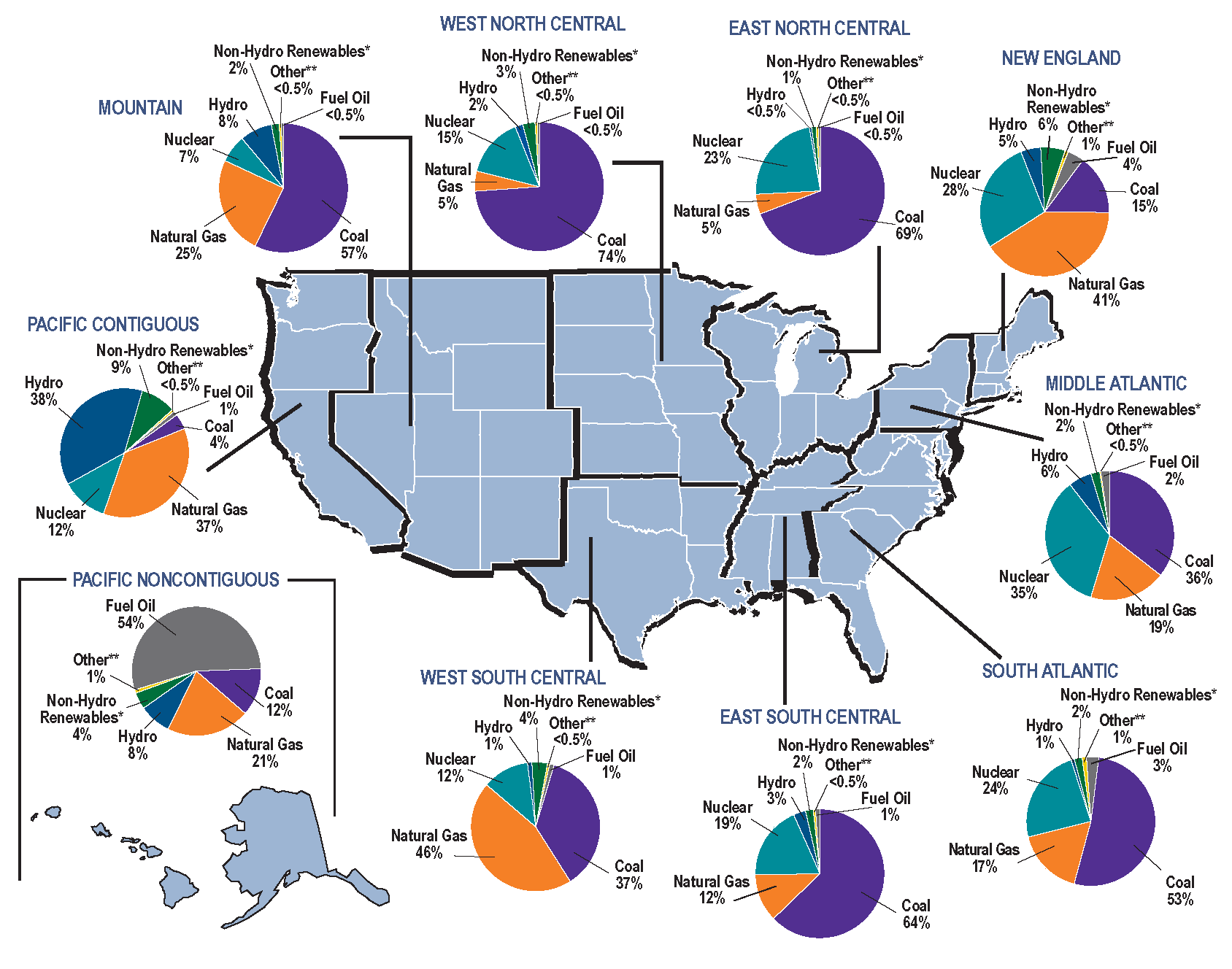
How the electricity is generated does not affect what we can do with electricity.
The idea of energy is a way of separating out issues of human impact, allowing us to think separately about issues of consumption/lifestyle and the technical details of how that's accomplished.
Energy can be transformed from one form to another--The chart shows the many different energy sources that can be turned into electrical energy (another name for "electricity").
The human condition in the world of 2017
...and beyond
We are having an ever greater impact on the world around us through the product of our numbers (getting around 7.5 billion) and our resource use.

 We are the third-most-populous country in the world. But we have a higher per capita consumption than the #1 and #2, whether measured by our energy consumption, or by other measures.
We are the third-most-populous country in the world. But we have a higher per capita consumption than the #1 and #2, whether measured by our energy consumption, or by other measures.
We might like to see ourselves as stewards of the more attractive bits of the world around us...
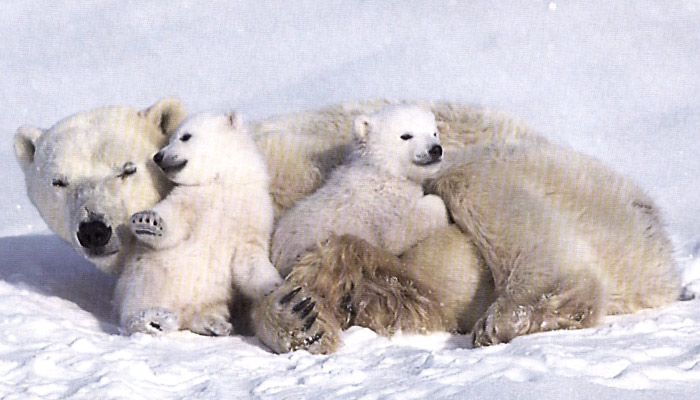
But we understand only imperfectly our own dependence on the world in which we have grown up, and how it works.
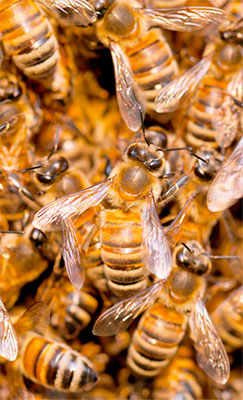

(The story of the Kill a Sparrow Campaign).
Both science and religion offer perspectives on the human condition...
Cuyahoga river fire, 1969
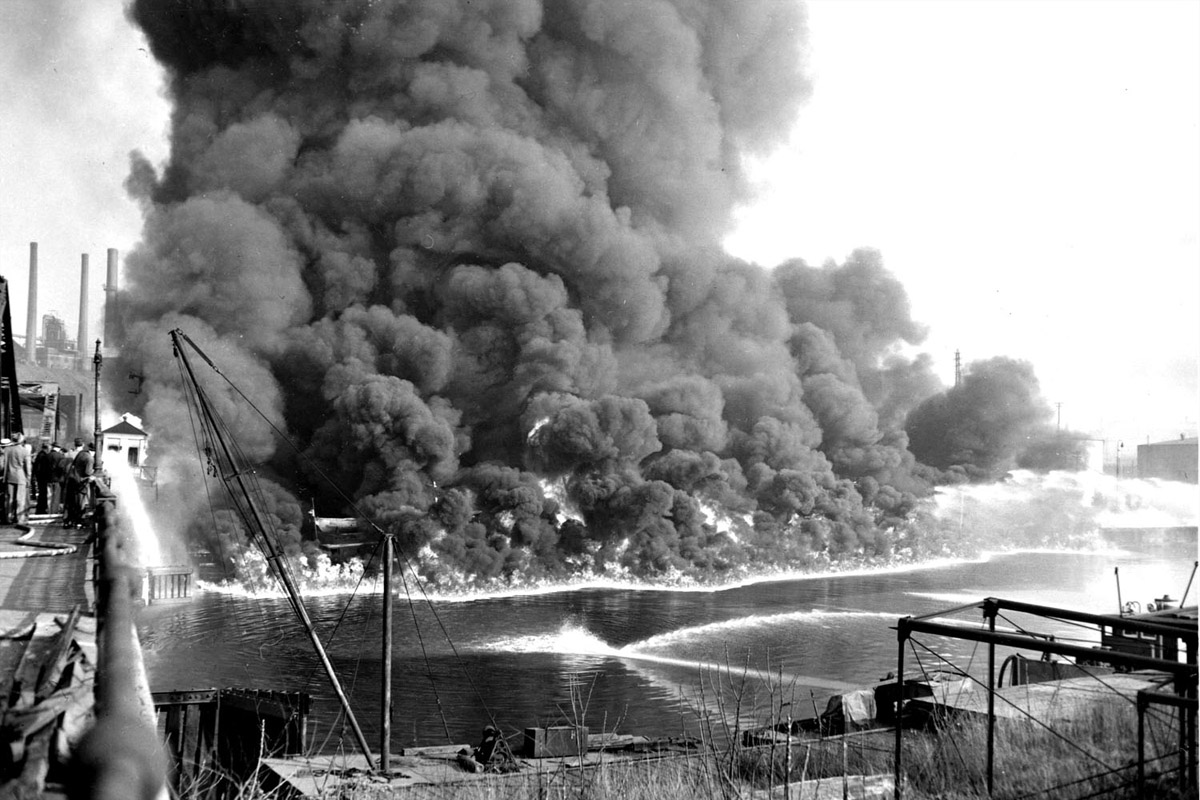
The Cuyahoga river flows into Lake Erie at Cleveland.
In 1969, oil slicks on the surface of the river caught fire.
Clean Water Act, 1972

Woodward and Bernstein, the 2 reporters who broke the Watergate Scandal which ultimately resulted in the resignation of President Richard Nixon were told by one source to follow the money.
The flow of money ultimately revealed the relationships between the Watergate burglars and President Nixon's Whitehouse staff.
When money leaves one bank account, it has to go into someone's pocket, or some other bank account.
Most people do not *destroy* money!
Energy works the same way. It reveals relationships. It is never destroyed (the law of conservation of energy) but passes from form to another.
What associations do you have with energy?
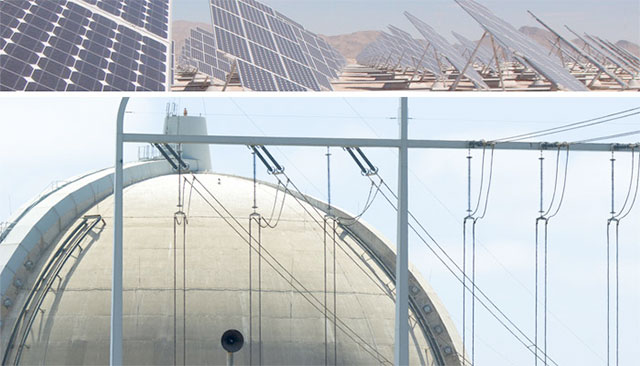
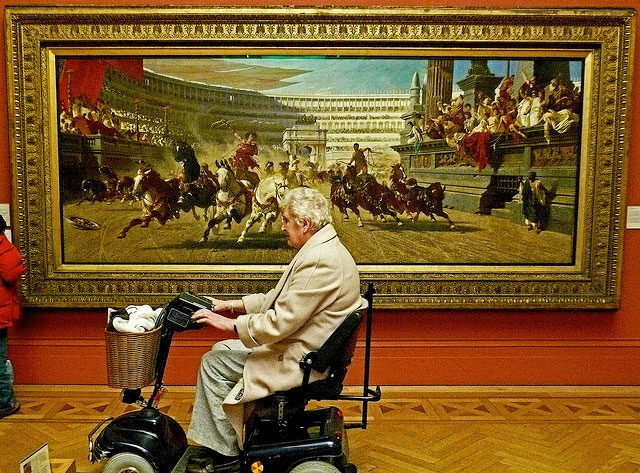
Using energy to think
...about our relationship with the natural world, and with technology.
Looking at numbers can offer some surprises, and insights.
What do you find surprising in this table?
Energy content (calories per gram)
| Bullet (moving at speed of sound) | 0.01 | Butter | 7 |
| Battery (auto) | 0.03 | Gasoline | 10 |
| Battery (alkaline) | 0.15 | Natural gas (methane) | 13 |
| TNT (trinitrotoluene) | 0.65 | Hydrogen | 26 |
| Modern explosive (PETN) | 1 | Asteroid @ 30 km / s | 100 |
| Chocolate chip cookies | 5 | Uranium 235 | 20,000,000 |
| Coal or Ethanol (alcohol) | 6 | Water behind a dam | ?? |
From Richard Muller, Physics for Presidents.
Context is also important in understanding numbers: What important considerations are missing from this table.
Aspects that are missing from the table include costs, info about byproducts of energy generation, and safety considerations, to name just a few...